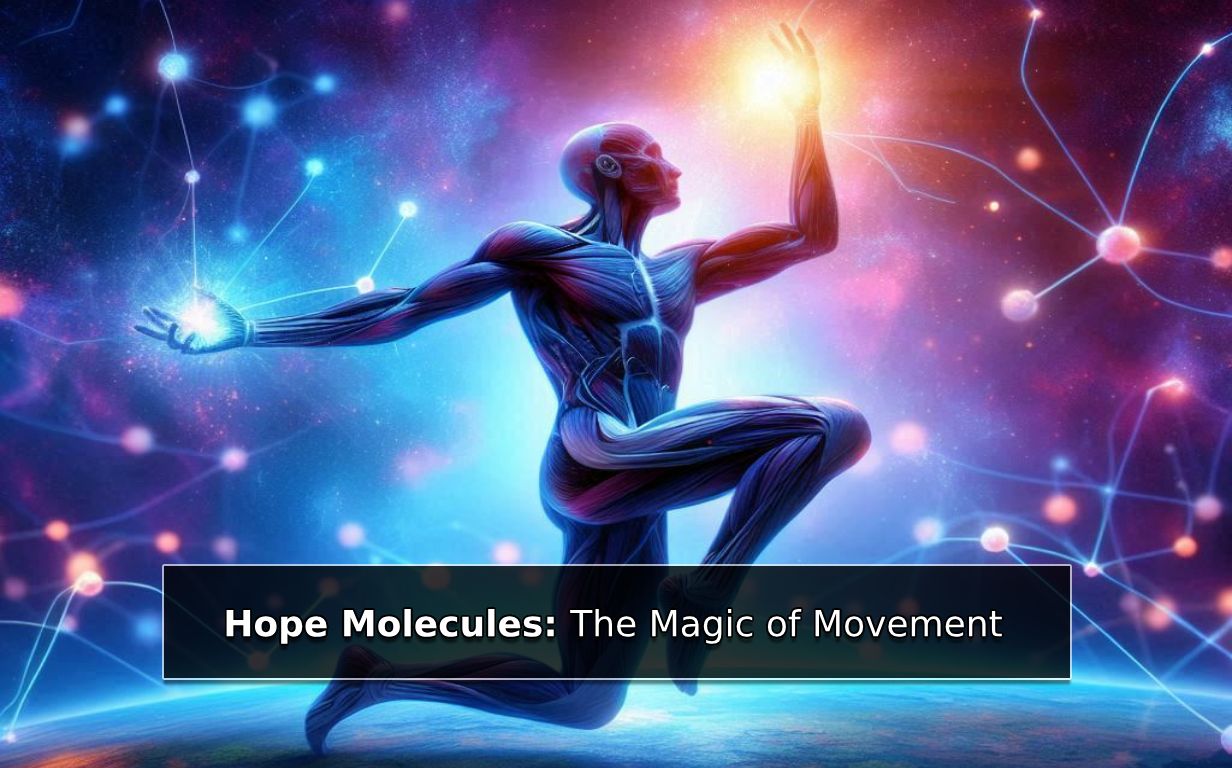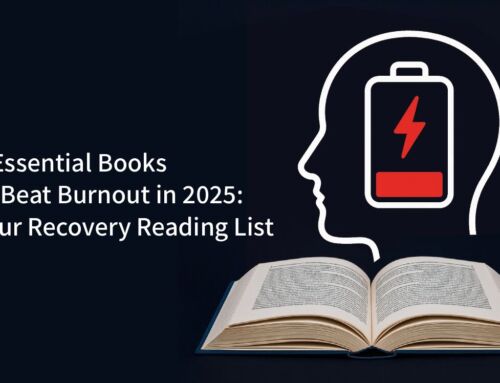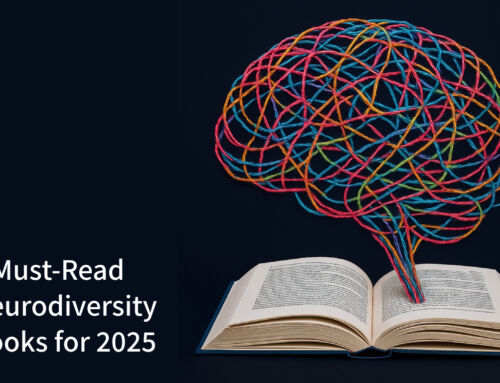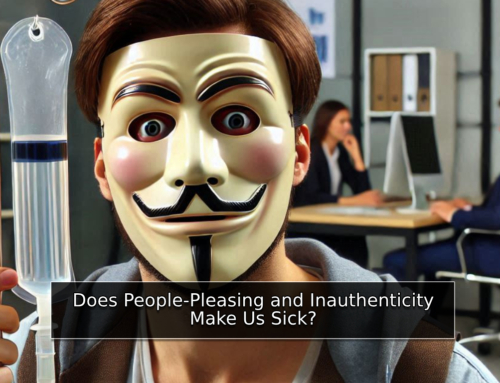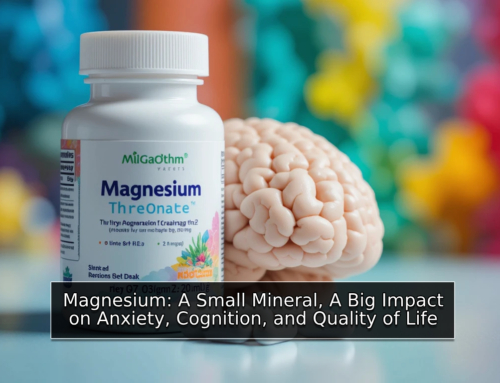Hope Molecules: The Magic of Movement
Does physical activity really help deal with anxiety, depression and trauma?
Do you know that physical activity can be the best natural remedy for anxiety, depression, and stress? Groundbreaking research reveals an amazing discovery: resistance training causes our bodies to produce special substances, called "hope molecules" or "myokines" by scientists.
What are myokines and their connection to physical activity?
Myokines are hormones released from muscles during physical activity. They act as messengers, carrying important messages from the muscles to the brain, and triggering complex processes that lead to improved mood, reduced anxiety and depression, and improved cognitive function. The name "hope molecules" was given to them because of their ability to promote healing, both physically and mentally.
How do myokines change the brain?
Myokines reach the brain through the bloodstream, where they bind to specific receptors. This binding triggers a chain of biochemical reactions leading to:
- Increased production of neurotransmitters: Brain chemicals responsible for mood, such as serotonin and dopamine.
- Growth of new nerve cells: A process called neurogenesis, essential for normal cognitive function and trauma healing.
- Reduced inflammation: Chronic inflammation is associated with a wide range of mental illnesses, and myokines help reduce it.
Additional effects of physical activity:
- Improved self-image: Strength training contributes to increased self-confidence and self-esteem.
- Improved sleep: Regular physical activity helps combat sleep problems such as insomnia.
- Increased energy: Resistance training increases energy levels and reduces fatigue.
- Improved cognitive abilities: Myokines contribute to improved memory, concentration, and learning ability.
- Trauma healing: Physical activity helps the body release tension and cope with trauma.
- Strengthening muscles and bones: Strength training, such as weightlifting, helps build muscle mass and strengthen bones, leading to improved posture and strength.
- Improved flexibility and coordination: Activities such as yoga, Pilates, and martial arts improve flexibility, coordination, and body awareness, contributing to pain reduction and improved movement.
What does the research say?
Numerous studies support the link between physical activity and better mental health. Here are two notable studies:
- A study published in the Journal of Psychiatric Research: Found that regular aerobic exercise is as effective as antidepressants in treating mild to moderate depression.
- A study published in the British Journal of Sports Medicine: Conducted a comprehensive review of 97 different studies and examined the effects of various types of physical activity on symptoms of depression, anxiety, and psychological distress. The study found that physical activity is an effective intervention tool for improving symptoms of depression and anxiety.
What is the connection between myokines and cognitive-behavioral therapy (CBT and ACT)?
As a CBT and ACT therapist, I see physical activity as an important complementary tool to therapy. Myokines act on the brain at the biological level, while CBT and ACT work at the cognitive and behavioral levels (which today are known to also have a significant physiological impact). The combination of the two allows for holistic and comprehensive treatment, aimed at improving both mood and habits.
In conclusion,
Physical activity is not only a way to keep the body healthy, but also a powerful tool for improving mental health. Myokines, or "hope molecules," play a central role in this improvement process. They promote the growth of new nerve cells, reduce inflammation, and improve mood, making them a powerful therapeutic tool.
If you are struggling with anxiety, depression, trauma, or any other mental health issue, seek help. A combined treatment of CBT, ACT, and physical activity may change your life.
Note and clarification:
This information is intended for educational purposes only and is not a substitute for professional medical advice.
Each person is unique, and treatment should be tailored to their individual needs.
Contact now
Ready to take the first step towards positive change? Contact me now for more information and to schedule an appointment. Whether you prefer in-person sessions in Tel Aviv or virtual meetings via Zoom, my integrated approach of Cognitive Behavioral Therapy (CBT) and Acceptance and Commitment Therapy (ACT) can help you break free from struggles and find greater fulfillment in life. I'll be sure to get back to you as soon as possible. Let's embark on this transformative journey together!
Call Whatsapp 052-2325511
Or fill out the following form.
Can ACT and CBT assist you or your loved ones?
Welcome to my therapy practice, where I offer a powerful combination of Cognitive Behavioral Therapy (CBT) and Acceptance and Commitment Therapy (ACT) techniques. CBT is a goal-oriented, short-term approach that's highly effective for anxiety, depression, low self-confidence, and more. ACT complements CBT, helping you navigate life's challenges and find fulfillment and authentic, happier life.
If you're struggling with anxiety, depression, low self-image, or facing setbacks, CBT combined with ACT may be the key to transforming your life. Break free from the struggle and take a step towards a happier, more fulfilling life.
Contact me today to schedule an appointment and embark on your journey of positive change. You don't have to face it alone; I'm here to support you every step of the way. Let's work together to create the life you deserve!
